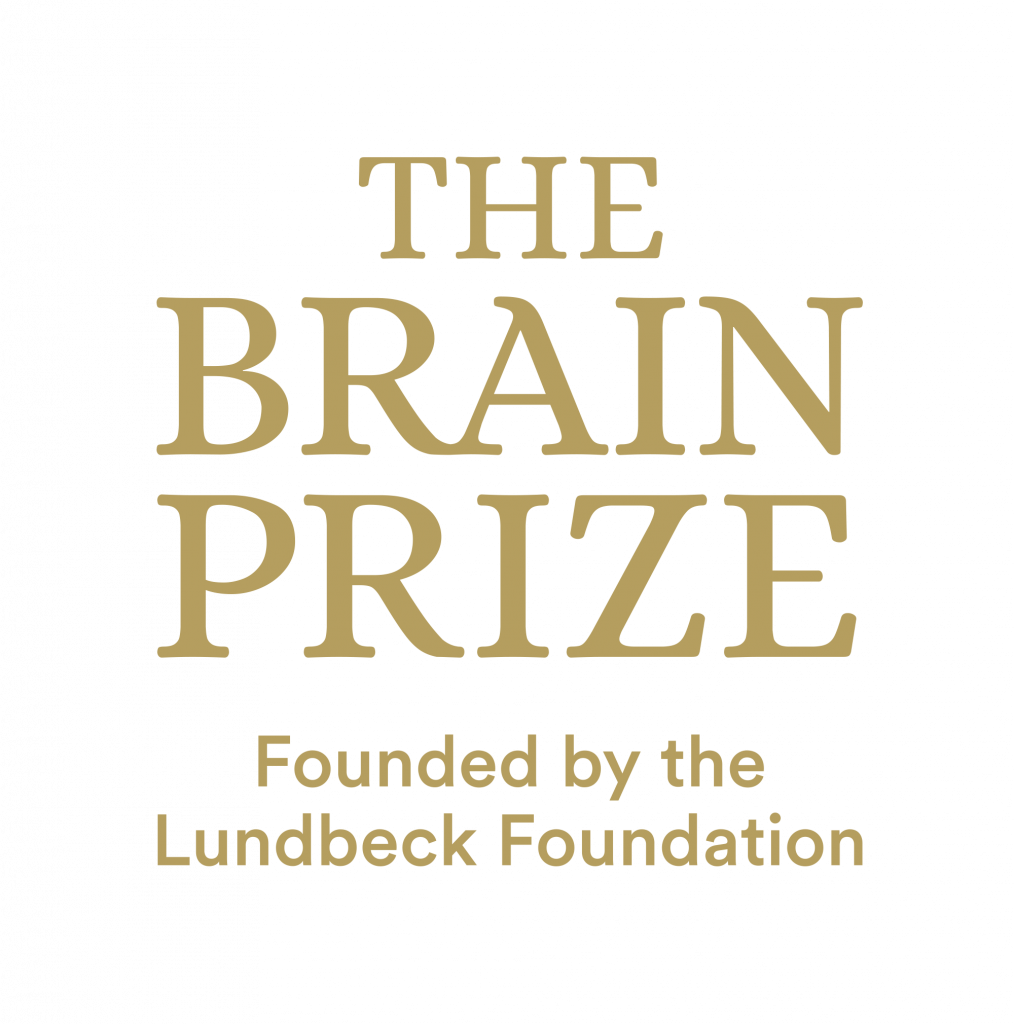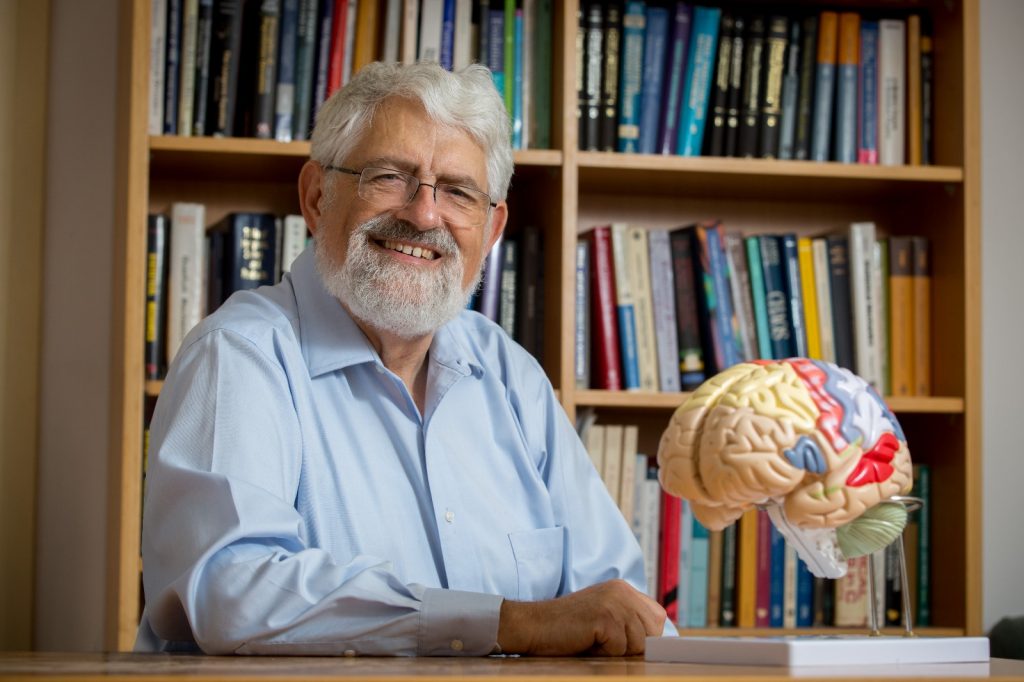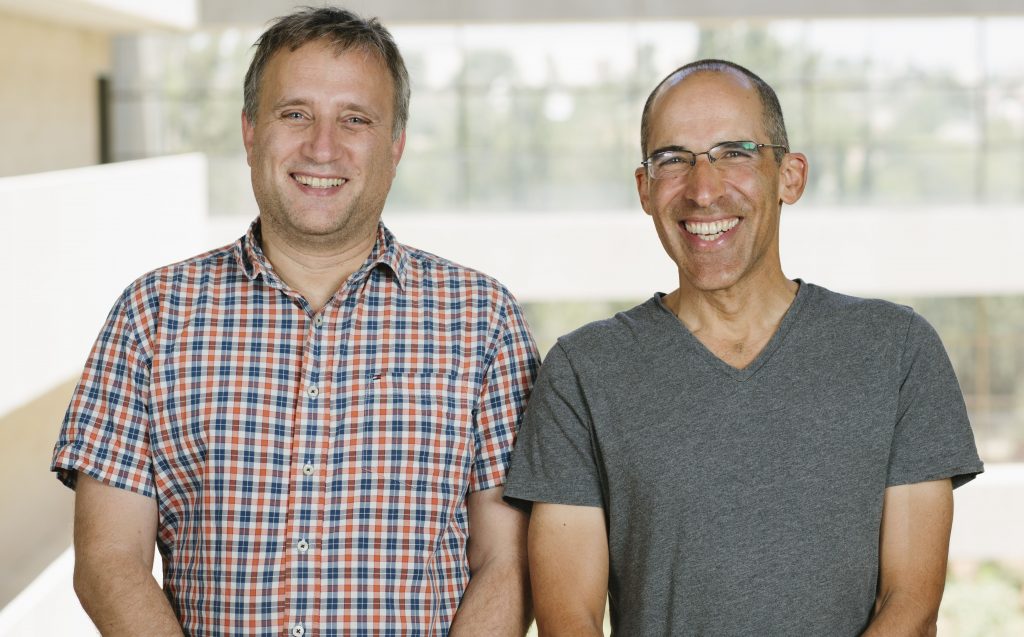

Professor Haim Sompolinsky has been awarded The Brain Prize for 2024 for his outstanding contributions in the field of computational and theoretical neuroscience. Sompolinsky shares the award with Professors Larry Abbott (Columbia University) and Terrence Sejnowski (Salk Institute). The three have made profound contributions to our understanding of the brain. Their groundbreaking efforts have not only advanced the field of neuroscience but also have contributed to the development of brain-inspired artificial intelligence.
Sompolinsky has significantly shaped theoretical neuroscience by applying methods from statistical physics and dynamical system theory to neural networks. His pioneering work began with the determination of the memory storage capacity of neural networks, which later led to the extension of “fixed points” representing memories into the notion of attractor manifolds. Such networks are now used as models for many brain systems. Further, Sompolinsky discovered the balanced regime of brain dynamics, in which large excitatory and inhibitory inputs almost cancel each other. This discovery is one of the most fundamental contributions of theoretical neuroscience to experimental neuroscience. More recently, his investigations into the geometry of neural representations in deep networks sheds light on the power of modern artificial intelligence as well as their relevance to the study of the brain.
Sompolinsky is one of the founders and leaders of the Edmond and Lily Safra Center for Brain Sciences (ELSC), and he is the first Israeli scientist to receive the award.
The Brain Prize is the world’s largest brain research prize, awarded and founded by the Lundbeck Foundation. The prize of 1.3M€ is awarded annually to researchers who have made ground breaking impact on brain research.



